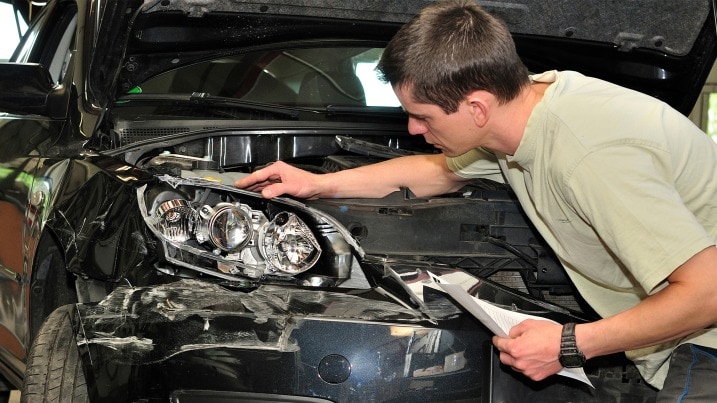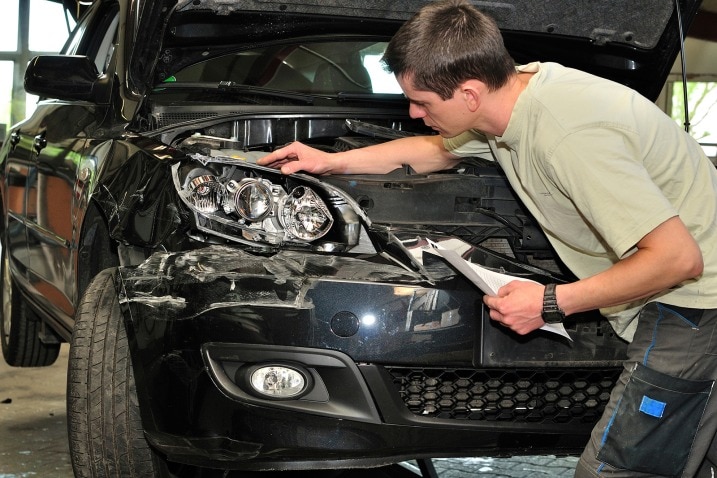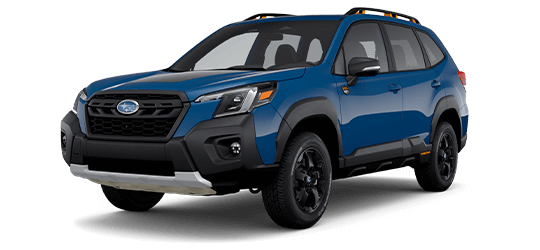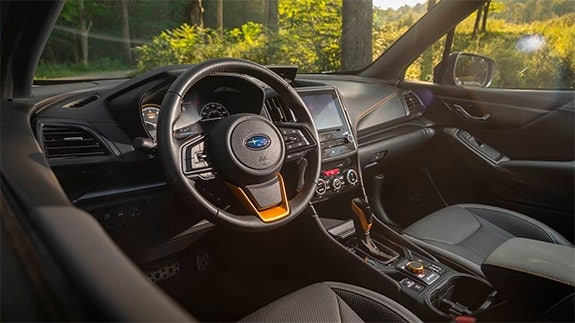Should you buy a salvage-title car?
It depends on how comfortable you are with buying a car that has a checkered past. On the one hand, salvage-title vehicles can be an opportunity if you're on a budget or need a second vehicle. Depending on the vehicle, a salvage-title car can sell for about 20% to 40% less than the same vehicle that has a clean title, said Richard Arca, director of vehicle valuations and analytics for Edmunds. He added that the markdown of a salvage-title vehicle is greater when the market demand for the vehicle is low.
On the other hand, some salvage-title vehicles can be more prone to mechanical problems and have reduced resale value. Consumers can do these three things to help minimize the risks of buying a car that will have any issues:
1. Have the vehicle inspected: This is one of the most important things to do if you're considering the purchase of a car with a salvage title. Bring a mechanic with you for an inspection. You might also arrange to take the car to a body shop. A car professional will have a better idea about whether the repairs were done correctly and can spot any red flags, such as frame damage or parts that still need repairing.
2. Purchase the vehicle from a reputable repairer: Search for online reviews of the facility that's selling the vehicle. If it's one that's known for making quality repairs, buying a salvage-title car there may be less risky than purchasing from someone without a track record.
3. Ask for the original repair records: The best way to determine how extensively the car was damaged is to look at the original repair records. Doing so will show you what parts were replaced and how serious the accident was — or if there was an accident at all. Maybe the damage occurred in some other way.
4. Get a vehicle history report: A good way to check whether a vehicle has been salvaged or not is to run a vehicle history report. A report can shed light on when and where the accident occurred. Vehicle history reports are also a good way to verify whether a car seller's claim of a "clean title" is accurate or not.
Three more hurdles: Financing, insurance and resale
Salvage-title cars also raise issues when it comes to getting a car loan, getting car insurance, and reselling the car.
1. You might not be able to get a car loan: Banks and credit unions shy away from car loans on salvage-title vehicles. They worry that cars that suffered enough damage to be declared a total loss might have weakened structural integrity and might not make it through another accident. Another concern is that, down the line, the cars might need a major repair that the borrower wouldn't be able to pay for, leading to a higher risk of repossession. Banks only want to provide money for vehicles that will last the length of their loans, and salvage vehicles don't have a great reputation for longevity. Banks are a little more forgiving when it comes to hail damage, which is often more of a cosmetic issue than a mechanical one, but you still might not get all the money you're looking for. To avoid being denied a car loan, you might be better off applying for a personal loan.
2. You'll have to work harder to get car insurance: You will probably be able to get the liability insurance that's mandated in most states for a salvage-title car that has been rebuilt or repaired and inspected, said Lynne McChristian, a spokesperson for the Insurance Information Institute. Because it's a salvage-title car, it's riskier to insure, and you might have to pay more than you would for a car with a clean title. "Keep shopping around," she advised. "It's a competitive market." For liability insurance, the rate is likely to be more based on your driving record than the car's history.
Getting comprehensive and collision coverage is likely to be more difficult, she said. That's because an insurance company can't be sure the vehicle is up to the same safety standards as a car that's never been declared a total loss. "It could be a claim waiting to happen," McChristian said.
3. You will have fewer options when it comes to trade-in or resale. "Most franchise dealers will not take a salvage-title vehicle as a trade-in," said Arca. "Your main options are selling it to a private party or an independent dealership — and they won't give you very much."
Determining the value of the vehicle will also be a challenge. Most sites that offer car appraisals, including Edmunds, assume a car has a clean title, no matter what condition level you select. "Even a vehicle in 'rough' condition can still have a clean title," Arca said.
Since you will most likely be selling the vehicle to a private party, our advice is to use the price you paid for the salvage-title car as a starting point in your sale negotiations. If you've driven the vehicle for a few years, deduct a couple of thousand dollars. Test the market with a price higher than what you have in mind and work your way down until you get the offers you're looking for.
Finally, don't hide the fact that your vehicle has a salvage title. If you do, it's fraud. The buyer will find out eventually when you hand over the title, or if he or she obtains a vehicle history report. Honesty is the best policy when it comes to cars with a colorful past.



 by
by 
